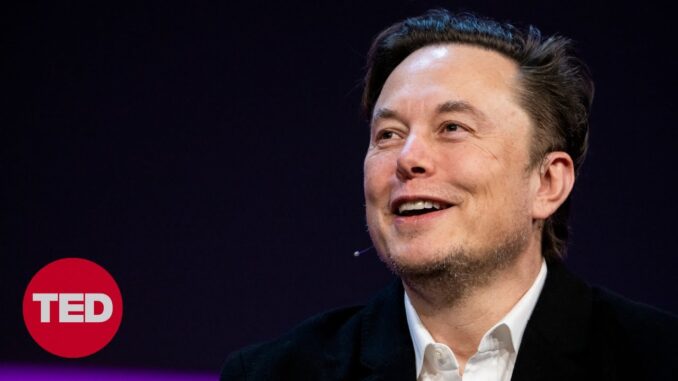
Less than a week after Elon Musk publicly endorsed the candidacy of former President Donald Trump, he shared an edited video of Vice President Kamala Harris that used artificial intelligence to mimic her voice.
Musk, the wealthiest person in the world, spread the video on his social media platform X, where he boasts 192 million followers. The post appeared to violate X policies that disallow sharing “synthetic, manipulated or out-of-context media.” Later, Musk defended the video as parody, which is permitted on the platform when adequately labeled.
A similar firestorm broke out this week after X suspended an account affiliated with a fundraising drive in support of Harris called “White Dudes for Kamala.”
A message from X indicated that the account had been suspended for “violating our rules against evading suspension,” according to a screenshot posted by an event organizer. X, which plays host to nearly 250 million users, later reinstated the account.
The incidents stoked concern among some experts about the potential for Musk to wield X as a means of influencing public conversation about an election in which he holds a clear preference.
“It’s an unsettling situation,” Paul Barrett, a professor at New York University Law School and deputy director of the NYU Stern Center for Business and Human Rights, told ABC News. “It illustrates the power that can reside in the hands of a single individual because of the almost bizarre way our current communications architecture is structured.”

Some experts disagreed, however, saying critics lack evidence of Musk’s undue intervention at X. They also downplayed the role X plays in the wider political conversation, noting that a focus on the platform risks overstating Musk’s influence.
“I actually don’t think his ownership of Twitter or activities on Twitter make the slightest bit of difference,” Siva Vaidyanathan, professor of media studies at the University of Virginia, told ABC News, referring to the platform by its former name.
X did not immediately respond to ABC News’ request for comment. The request also sought comment from Musk.
When Musk acquired Twitter in 2022, he vowed to relax content moderation and turn the platform into a “digital town square.” The company cut more than half of its staff, eased restrictions on some forms of speech and reinstated an account belonging to Trump, among other changes.
Meanwhile, Musk’s follower count soared. When he acquired Twitter, Musk had about 110 million followers. After adding more than 80 million followers, Musk has far surpassed the followings of top users like former President Barack Obama and pop star Justin Bieber.
In some cases, Musk has posted and amplified misinformation on X, including a post in January that falsely claimed a dependence on mail-in ballots would lead to a “rigged election.”
“As the owner of Twitter, he’s the person who’s supposed to police the content but he himself is engaging in the spread of fake information,” Hamed Qahri-Saremi, a professor of computer information systems at Colorado State University who studies social media, told ABC News.
After easing content moderation, the platform has come to rely on Community Notes, a system in which context is appended to false or misleading posts once it receives approval from a sufficient number of users. That system has proven inconsistent, however, allowing some false posts to spread widely without corrections, The New York Times reported last week.
Sam Woolley, a professor at the University of Texas School of Journalism who focuses on political communication and technology, said Musk’s commitment to free speech has fallen short in recent cases, for instance the temporary suspension of the account affiliated with “White Dudes for Harris.”
“Musk’s actions suggest serious contradictions with his stated free speech intentions on the platform,” Woolley told ABC News.
